We’re pleased to bring you the fourth in a series of candid, in-depth interviews with this year’s Sirens Guests of Honor, covering everything from inspirations, influences, and craft, to the role of women in fantasy literature, and discussing our 2019 theme of heroes! We hope these conversations will be a prelude to the ones our attendees will be having in Denver this October. Today, Sirens co-founder Amy Tenbrink speaks with Roshani Chokshi, our first ever Sirens Studio Guest of Honor.
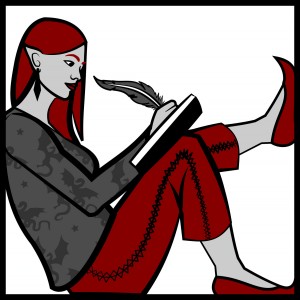
AMY: What does heroism, especially in the context of speculative fiction, mean to you? How did you set about reimagining the Pandava brothers as Aru and Mini, reluctant, contemporary seventh-grade heroines? And please tell me that you knew how girls would react to their heroism! Because my seven-year-old niece—who demanded to know why everyone in Harry Potter was a boy—can’t get enough Aru and Mini.

ROSHANI: To me, heroism is the act of celebrating the individual. There’s not a one-size-fits-all when it comes to the Chosen One. You can have the bravest, most compassionate mermaid in the world try to rise up against the forces of a Cheeto Overlord, but if the second she hits land, she’s barking in the eloquent lexicon of elephant seals, we’re still kinda fucked. A ridiculous example, of course, but to me it reflects how each of these character’s strengths and weaknesses makes them—and only them—uniquely fit to tackle the story’s situation. Kids need to see a thousand versions of heroism. They need to see themselves and feel that greatness and valor doesn’t belong to one type of person.
The Pandava brothers all had defining characteristics—the strong one, the beautiful one, the wise one, the responsible one, the one who’s good at everything wtf. I loved reimagining how their strengths and, more importantly, their weaknesses would translate in the modern world. For example, Arjuna—the main hero of the Mahabharata and whose soul Aru possesses—has a lot of doubt. And it really struck a chord with me that in the struggle to be brave, we often question the paths we’re on.
As for the girls’ reactions, that grew out of the Sailor Moon fanfiction I used to write. In those stories, me and my best friends became sailor scouts. Our reaction to this newfound strength and responsibility??? UTTER PANIC. “WHAT NO, TAKE IT AWAY, DO NOT WANT.” So, very similar to Aru and Mini. 🙂 I’m glad your niece enjoyed!!
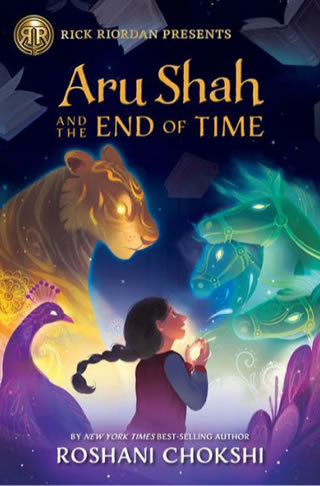
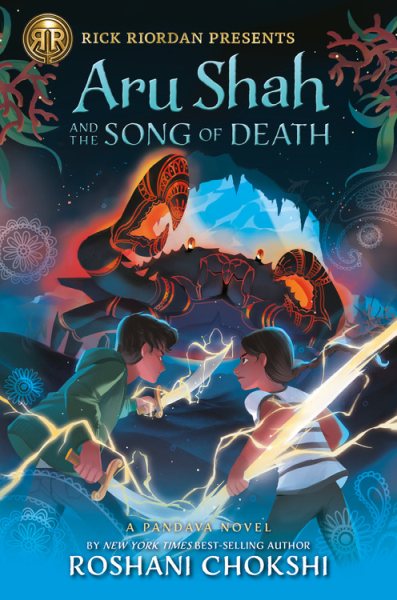
AMY: Relatedly, perhaps, how do you set about writing gender in your work? Your characters frequently defy and subvert stereotypes, such as in A Crown of Wishes when Gauri’s go-to problem-solving technique is violence, while Vikram’s is charm. Your characters also often address gender issues on the page, from the gods’ relentless assumptions that Aru and Mini could not possibly be the reincarnated Pandava brothers to Laila’s admonishment of Tristan in The Gilded Wolves that “If you get in the way of a woman’s battle, you’ll get in the way of her sword.” How do you build these characters that are wholly themselves, despite our societal expectations of their gender?
ROSHANI: I love this question mostly because it makes me feel very smart. Woohoo! Characters take me a long time. They don’t come naturally to me, and it’s one of the parts of my craft I’m always working on. I think the reason why I struggle with building characters is because they demand a part of your soul, and I’m loath to make more Horcruxes and end up as a noseless Voldemort. I give each of my characters a part of myself. Either a part I’m ashamed of or a part I’m proud of, and then I put those characteristics in situations that move in the opposite direction…that which made me feel shameful becoming a benefit, that which I was proud of becoming its own poison. That is how they stay themselves despite the expectations the world may shove upon them. When it comes to societal expectations of gender, it makes me happy when a character celebrates who they are relentlessly, even if they’ve got other flaws. For example, Vikram is a prince and he knows he’s smart and adorable and celebrates that in himself. He would walk around in a shirt that says “BETA HERO” and really not think less of himself. Laila is different. She is a character aware that she exists on the margins; aware that she’s exoticized; aware that she sometimes must participate in exoticizing herself to live in this world. But she thinks no less of herself. I think knowing how your characters think of themselves is key to making them feel more alive.
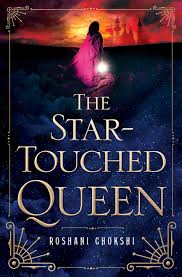
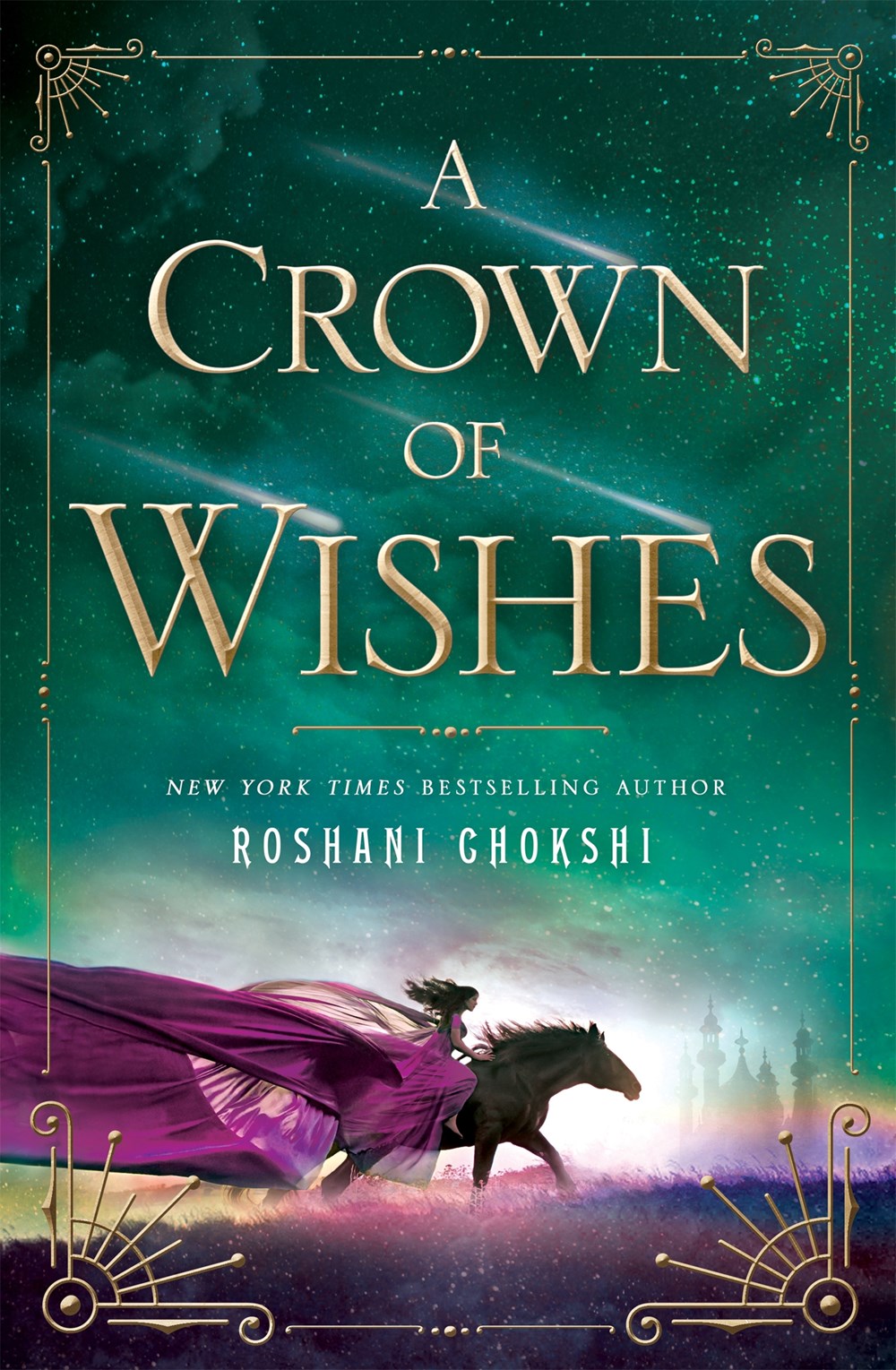
AMY: Your dad is Indian and your mom is Filipino, and in an interview with Rick Riordan, you said, “The way that we bridged those cultural gaps at home was fairy tales and stories…. The more things that you read, the more stories, fables, etc., the more you see that they’re all the same across every cultural spectrum.” And you can see that, so readily, in your work, from your contemporary, America-set version of the Pandava legends, to your latest novel, Paris-set The Gilded Wolves, which features both Indian Laila and half-Filipino Enrique. You’ve also spoken eloquently about trying to bridge those gaps in your own life, including in your wedding this year! What is it like to put these cultural bridges, and related colonial deconstructions, into your work?
ROSHANI: It’s honestly sometimes awkward. I never know if I’m crossing into the realm of TMI or if I sound like a broken record. At the end of the day, all I can reassure myself with is that I needed to hear these perspectives when I was younger and those resources weren’t available to me. The very least I can do is try to help someone else avoid that situation of feeling erased and invisible. I think about this a lot when I look at some of my earliest stories. I was 22 before I wrote my first story with a character who looked like me. Until then, they were all named Erin or Hailey or Alice. I didn’t write myself in because I felt like I needed permission from the books I read.
AMY: Just when I thought I couldn’t possibly love any of your work more than Aru Shah, along you came with The Gilded Wolves: a dazzling, dizzying heist novel set in Paris during La Belle Époque. But your Paris is not all champagne and magic and courtesans, it’s racism and colorism and colonialism. Then you layered in a series of riddles based on things like the Fibonacci sequence, a cast of gloriously unique and hilarious characters, and a lush, slow-burn sensuality. How did you even begin to create this work? And perhaps more importantly, how did you get it from your head to the page?
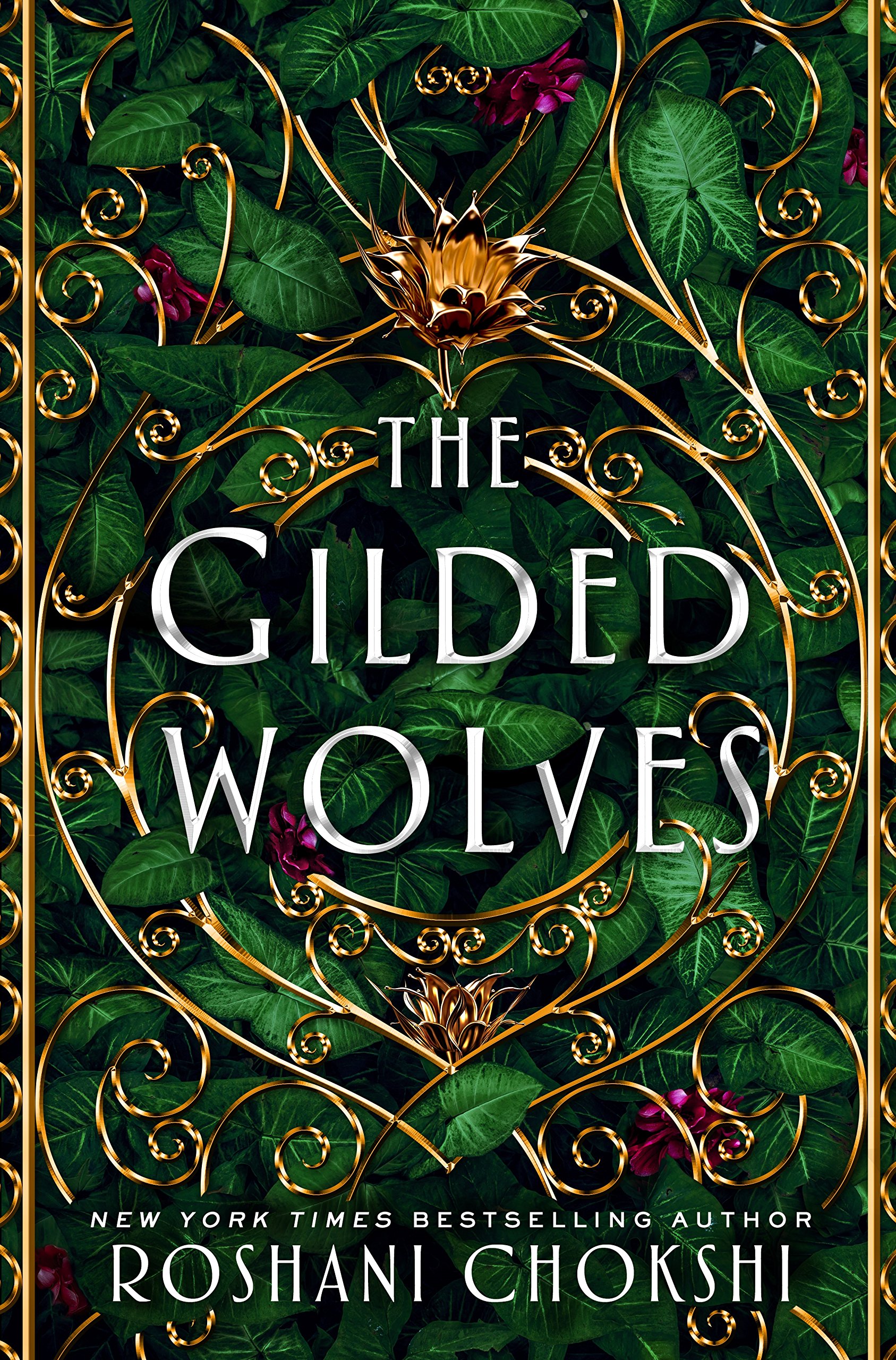
ROSHANI: I’m so glad you enjoyed!!! The Gilded Wolves really challenged me both craft-wise and imagination-wise, and is far different from anything I’ve ever written. I rewrote the story top to bottom about eight times, and there were so many points at which I thought I should just throw in the towel and beg my publisher to let me write something else. The Gilded Wolves had innocent, jovial beginnings. I just wanted to write a National Treasure-esque tale without Nicolas Cage (lol). But the setting and deciding to put imperialism on the page changed the emotional scope of the book, and when I dug deeper into the characters and their motivations, I realized this couldn’t just be “Ooh! A thing! Let’s go to where the thing says!” I had to think about what this trilogy was saying overall and that took a lot of failed attempts! Getting it from my head to the page was like an organized, military attack. My whole apartment was taken up with plot/emotional schematics. The door to my office had red notecards in a vertical line that outlined every plot beat and plot twist. Beside those cards were the individual emotional arcs and beats that needed to be hit. It was…rough. But it taught me a lot!
AMY: You’ve shared how Aru Shah came to be: You’d heard about the new Rick Riordan Presents imprint and emailed your agent that same day to ask about the opportunity. Then you wrote the first three chapters in a “fugue state.” And they bought the books! So often we’re taught that ambition is unseemly and unlikeable. Would you please share what it was like to chase that dream—and what it felt like when you heard that Rick Riordan Presents would be publishing the Aru Shah series?
ROSHANI: Ambition is riotously attractive and let no one tell you otherwise! I think with any dream chasing, there’s a certain amount of feeling like you’ve lost touch with the ground. You’re drunk and floating on external validation, your head feels like it’s in the clouds, and it’s great until you start wondering if you’re too far away to hear commonsense. Like, how DARE you be so happy? How DARE what you wanted and worked hard for suddenly happen? Being a woman of color makes me especially awkward when it comes to talking about my accomplishments. I always deflect it, thinking that the happier I am, the higher the chances that the universe will snatch it away because of arrogance. The wonderful thing about an experience like RRP was that it was harrowing. For the first time, I felt very…public…in a way that I hadn’t experienced with my other books. I got bullied. I got weird Insta comments and DMs. And not taking ownership of my words was no longer an act of modesty but cowardice. It taught me to articulate that I was proud of the story I’d written, that someone couldn’t take this from me and don’t you dare chase me because I chase back.
AMY: Sirens is about discussing and deconstructing both gender and fantasy literature. Would you please tell us about a woman or nonbinary person—a family member, a friend, a reader, an author, an editor, a character, anyone—who has changed your life?
ROSHANI: I have dutifully spoiled my moms, sisters, grandmother and aunts so I know they’ll forgive me for not writing a novella of their wondrous and noble qualities for this answer and picking someone else for a change. I would say my eighth grade English teacher, Ms. Koscik. I did not like my seventh grade English teacher (except for that one and ONLY time she liked my writing) and I had a deficiency in her class. More than that, I always felt foolish. But in eighth grade, Ms. Koscik nurtured my imagination. She made me feel that what I said was worth saying. Eighth grade was when we tackled Arthurian myths and World Mythology, and read Shakespeare and engaged with the language. It was awe-inspiring. Sometimes it only takes one person to say they’re listening to make us have the courage to speak up.
Roshani Chokshi is the New York Times bestselling author of the Star-Touched series and Aru Shah and The End of Time, Book #1 in the Pandava series. She grew up in Georgia, where she acquired a Southern accent but does not use it unless under duress. She has a luck dragon that looks suspiciously like a Great Pyrenees dog. Her work has appeared in Strange Horizons, Uncanny Magazine, Shimmer, and Book Smugglers. She is a 2016 finalist for the Andre Norton Award, and a 2016 Locus finalist for Best First Novel. Her short story, The Star Maiden, was longlisted for the British Fantasy Science Award.
For more information about Roshani, please visit her website or her Twitter.







Connect with the Sirens community
Sign up for the Sirens newsletter